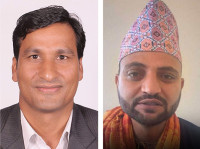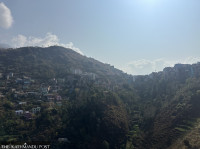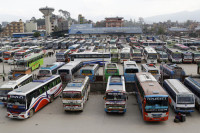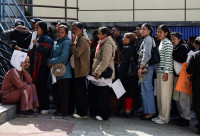National
Pollution in Sirsiya river remains unabated even during Chhath
Locals accuse factories along the Parsa-Bara industrial corridor of disrespecting religious sentiments by discharging waste into the river.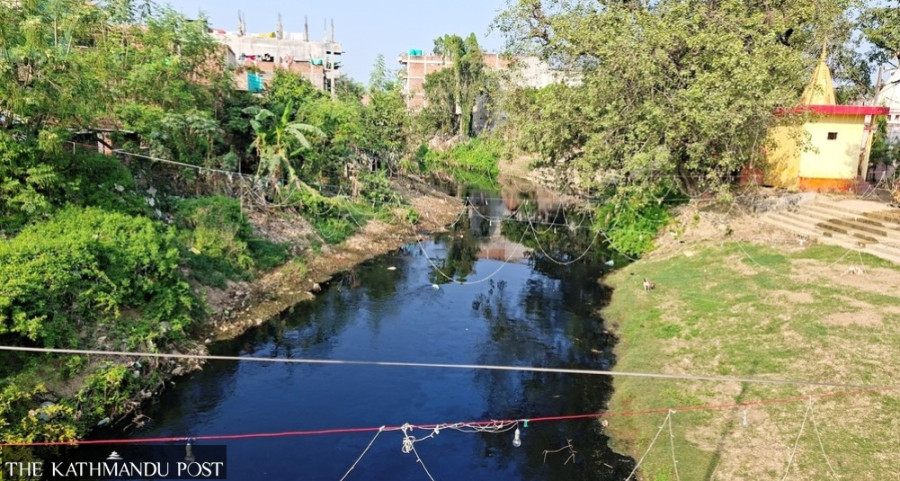
Shankar Acharya
Even during the Chhath festival, pollution in the Sirsiya river in Birgunj has shown no sign of decline, angering local residents.
Locals say industries operating along the Parsa-Bara Industrial Corridor continue to discharge untreated waste into the river, disregarding the religious sentiments of devotees who perform rituals on its banks.
Brijeshwar Prasad Chaudhary, secretary of the Sirsiya river and Birgunj pollution-free campaign, said that the factories have been defying repeated requests to stop dumping industrial residue into the river during the festival.
“In previous years, industries would halt waste discharge at least a week before Chhath, but this year they have continued without concern,” he said.
Social activist Prakash Tharu said around a dozen and a half Chhath ghats are constructed along the river in Parsa and Bara, where hundreds of devotees gather to offer prayers to the setting and rising sun while standing in the river water. “Allowing such pollution during this sacred festival is an unforgivable act,” he said.
Originating from the Ramban area of Simara in Bara district, the Sirsiya river becomes polluted just three kilometres downstream. By the time it reaches Birgunj, the water turns pitch black, making it unsuitable even for irrigation or domestic use.
Ranjan Kumar Singh, chairperson of the Ranighat Chhath Puja management committee, said the pollution has severely affected religious activities. “During the Chaite Chhath earlier this year, we had to build two artificial ponds to allow devotees to perform rituals,” he said. “Unless authorities take strict action against polluting industries, this problem will persist.”
A government monitoring committee formed around 15 years ago had identified 48 pollution sources in the river—46 of them factories within the Parsa-Bara industrial corridor, one the Birgunj Metropolitan Office, and another an illegal liquor distillery.
The Sirsiya river holds cultural importance not only in Nepal but also across the border in India, where many devotees celebrate Chhath along its banks. Pollution in the river has thus affected residents of Raxaul and nearby areas in Bihar as well.




 10.03°C Kathmandu
10.03°C Kathmandu
